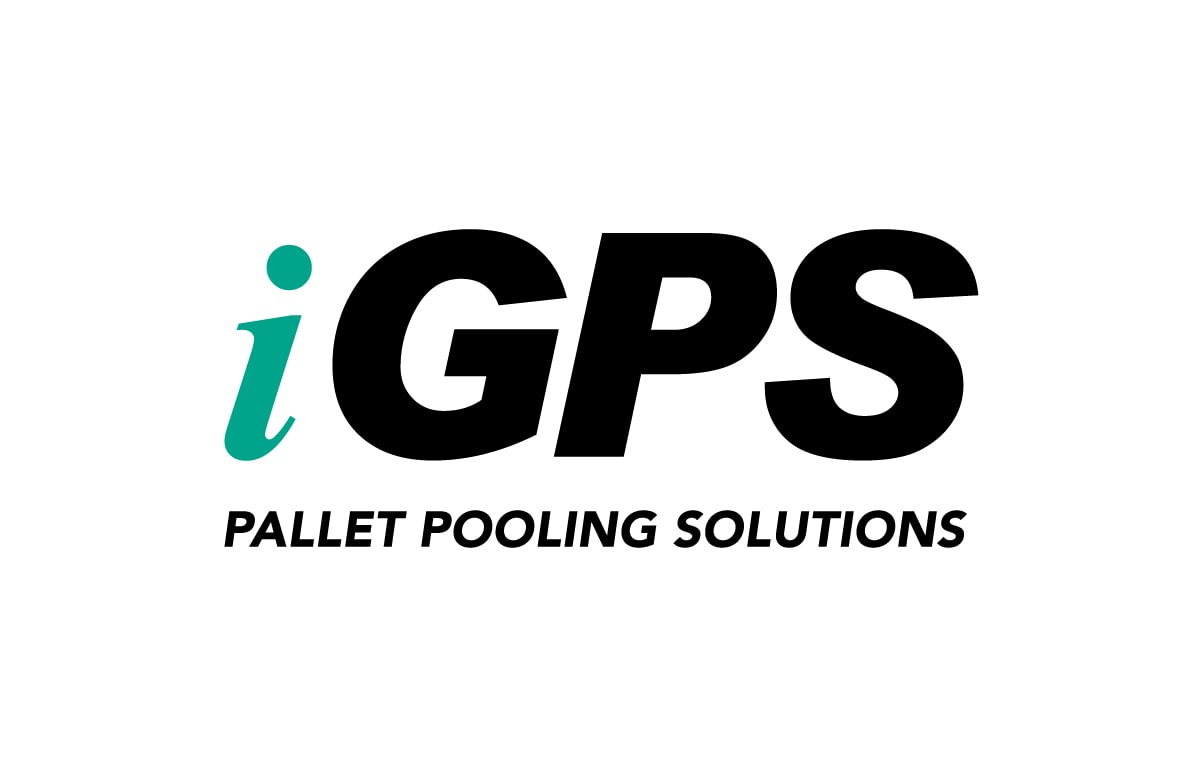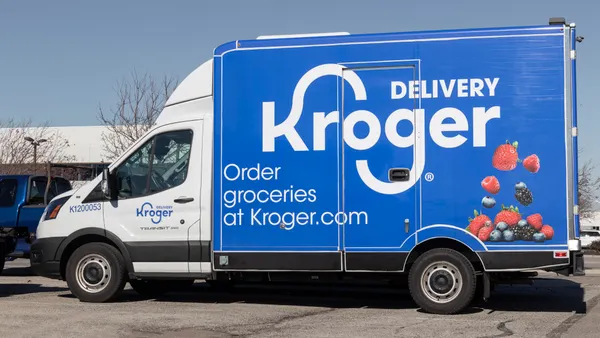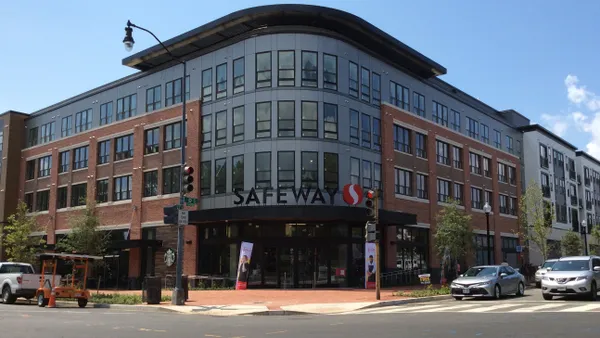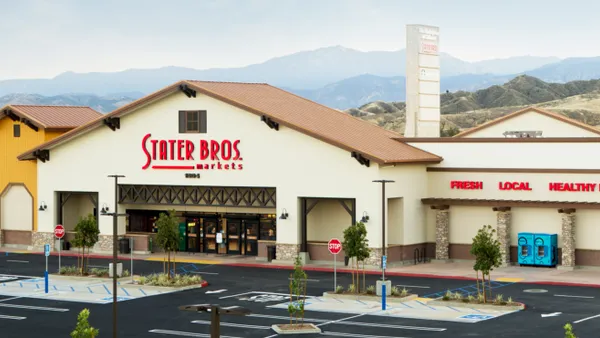Dive Brief:
- Imperfect Foods, formerly known as Imperfect Produce, is launching in New York City Monday with grocery subscription boxes, according to an email sent to Grocery Dive.
- The company, which began in 2015, has fought food waste by offering blemished and misshapen produce at a discount. It has since expanded to include pantry and grocery items such as grains, nuts, beverages, dairy and protein.
- Imperfect Foods will work with local food producers including Mast Brothers Chocolate and Brooklyn Delhi to feature local products for delivery.
Dive Insight:
Crafting a subscription grocery box around waste reduction is Imperfect Foods' key differentiator from other subscription services as it launches its rebranded service in competitive New York City. Consumers are hungry to take a bite out of food waste as an estimated 20 billion pounds of produce winds up in the garbage every year due to cosmetic or surplus reasons.
The company's model involves sourcing food directly from farmers, which will require expanded partnerships in new markets as it continues its mission to scale. With the inclusion of pantry and grocery items, Imperfect Foods will put itself in a stronger position with more to offer in its subscription boxes.
Imperfect expanded to St. Louis in August in one of its biggest launches to date, according to local reports. In addition, the company currently delivers throughout the San Francisco Bay Area, Los Angeles, Portland, Seattle, Chicago, Indianapolis, Sacramento, San Diego, St. Louis, Milwaukee and Minneapolis.
Due to the size of the imperfect produce market, a few other entrants are also offering a similar service including Full Harvest and Misfits Market, which raised $16.5 million earlier this year. Despite the growth of competitors, however, few have reached Imperfect's size and scale. According to Imperfect, the company has recovered 80 million pounds of food since it launched in 2015.
Imperfect Foods has attracted investment from NBA player Kevin Durant and to date has raised roughly $47 million in venture capital, including a $30 million infusion last year.











